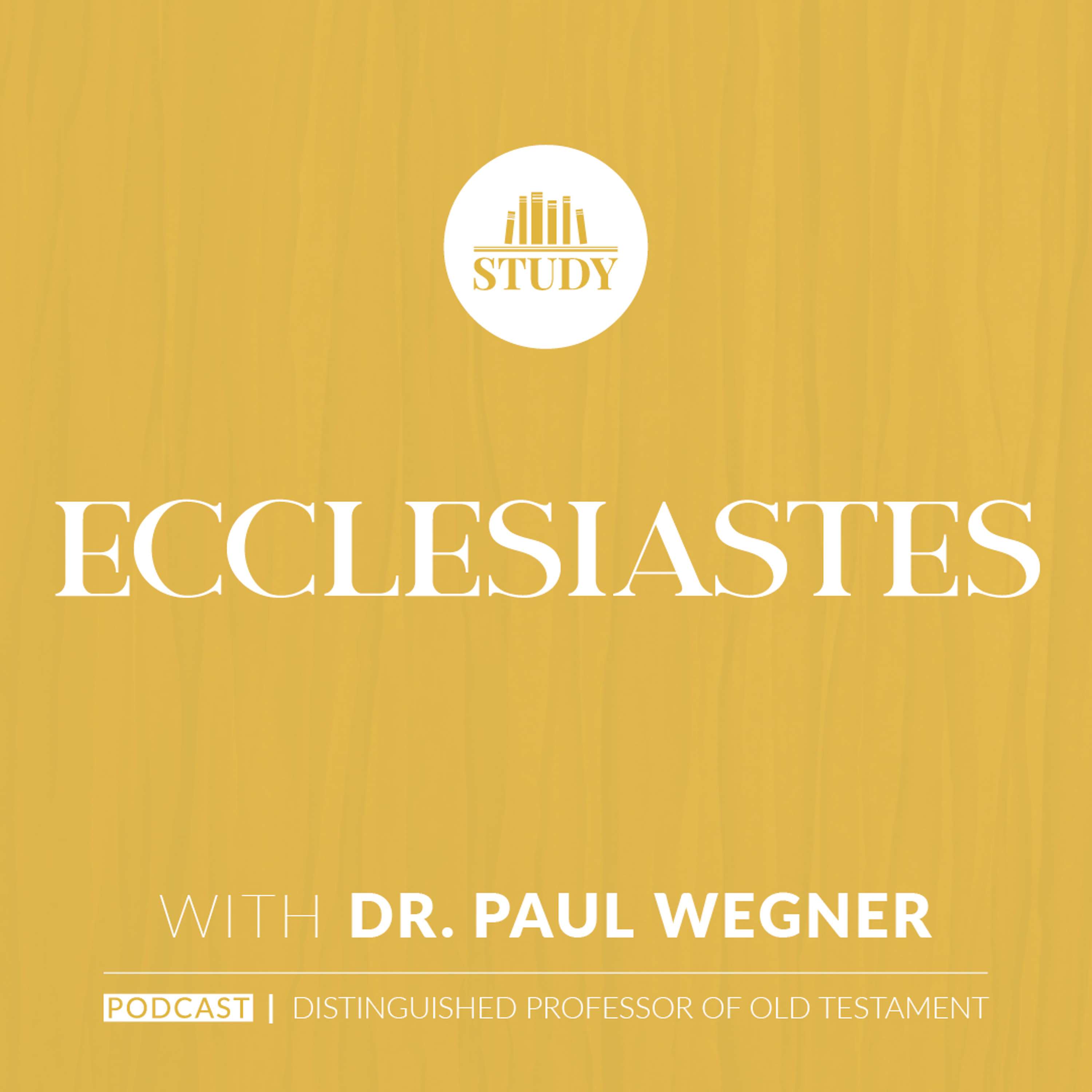Every semester at Gateway, we have an Academic Convocation when a faculty member presents original research to the faculty and seminary community. Our most recent presenter was Dr. Adam Groza, who presented a paper entitled “Recovering the Fear of the Lord in Christian Ethics.” It was insightful, captivating, and sobering. You can view the convocation presentation here.
One of the most striking observations in the paper/presentation was the absence of the concept of fearing God in recent books (including textbooks) on Christian ethics. This is particularly noteworthy since “The fear of the Lord is the beginning of wisdom” (Ps. 111:10, Pro. 9:10) and the “beginning of knowledge” (Pro. 1:7). For example, in one recent 700+ page Christian ethics textbook, the phrase “fear of the Lord” is not included—even once. Since Christian ethics is the wise application of biblical principles to complex life situations, these omissions are significant.
But Dr. Groza’s paper is much more than an analysis of current literature. It outlines the historic importance of the fear of the Lord in Christian ethics—particularly as a standard for personal transformation and cultural mores. The paper then applies these insights to our contemporary situation and demonstrates reasons “the fear of the Lord is a central theme in Scripture relating to obedience and virtue” and should be a foundational motivation and outcome of Christian ethics.
The response to this presentation was powerful. The faculty member who led the benediction commented, “A prophet has spoken today.” The faculty has a tradition of a luncheon with follow-up questions for the presenter after each Academic Convocation. Those events are usually collegial debates about the issues at hand. Not this time. The focus of their discussion was how we, as a faculty and a seminary, can teach and model what it means to fear the Lord. They recognized “fear of the Lord” is not an academic theory to be debated, but a holy conviction that produces obedience and humility.
May God help us to fear him—personally, in our churches, culture, denomination—and at Gateway Seminary.
Read More

“Faith is a tree known by its fruits”: The Gisle Johnson Project
The Gisle Johnson Project is a new research endeavor spearheaded by Robb Torseth

Excerpt — Towards a Clearer Understanding of Jonathan Edwards’s Biblical Typology: A Case Study in the ‘Blank Bible’
Dr. Cameron Schweitzer provides new insights into Jonathan Edwards’s often mischaracterized typology.
Listen
Wisdom Books | Ecclesiastes
A common misconception about the book of Ecclesiastes is that it is very pessimistic. In actual fact, there is great comfort throughout the book that while life without God is meaningless, there is great satisfaction found when we cling to the Lord, and only to Him.

Ministering in Finland
Mikko Sivonen, Academic Dean of the Agricola Theological Seminary in Finland, joins Dr. Hopkins to discuss working as a missionary in a place where people are predominantly a different denomination than you. You can learn more about Mikko’s work here www.agricolasemin

Watch

Jonathan Edwards and the Asbury Revival
Chris Chun and Chris Woznicki discuss the signs of true revival, signs of the work of the Holy Spirit, and why it is important to critically assess the characteristics of revival in a spirit of charity.

Jonathan Edwards and the Baptists | Douglas Sweeney, Nathan Finn and Chris Chun
Dr. Douglas Sweeney and Dr. Nathan Finn joined Dr. Chris Chun for a panel discussion on Jonathan Edwards, recorded live at the SBC Annual Meeting in Anaheim.




